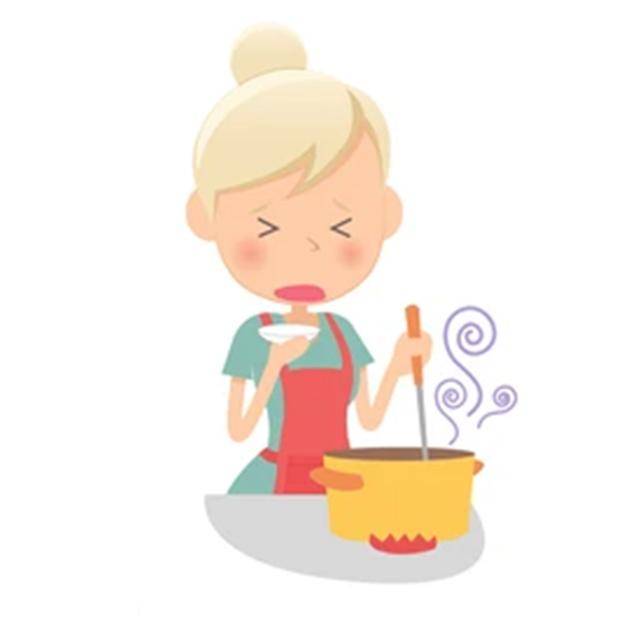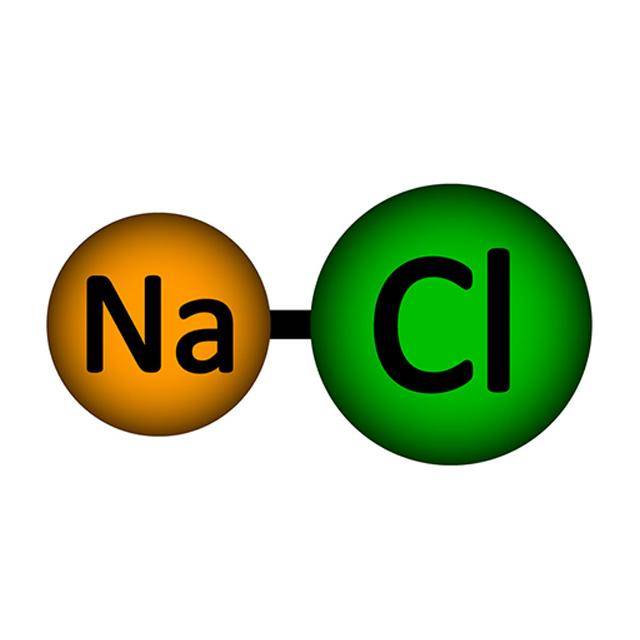IF someone accuses you of being salty, then they probably mean that you’re angry or bitter. If you’re a chef or a baker, that expression can only infuriate you more!
Think about it. You’re famished and there is a gorgeous spread in front. You can’t wait to dig in. Just as the first bite hits your tongue, you realize there is no salt! The lack of salt a.k.a flavour would ironically make you ‘salty’.

To mute bitterness, balance sweetness and at times provide flavour to something bland, all you need is a pinch of salt.
Why is salt such a big deal?
Salt is a magical substance. It is amazing how it is possibly the only substance we eat that doesn’t emanate from a living being and brings food to life by increasing aroma and balancing other tastes
People who drink a lot of coffee or tea and those who eat potassium-rich foods such as bananas and potatoes will excrete more sodium along with the excess potassium the body is trying to get rid of. They may crave salty foods more than others.
The salt that we use is essentially Sodium Chloride and both these compounds, especially sodium is essential for our body. Natural food doesn’t contain enough sodium which and thus by evolutionary design we seem to have developed a craving for sodium.
Chlorine is used in stomach acid as HCl to help break down proteins in the digestion of food. Sodium is a very important neurotransmitter. The constituents of salt play a critical role in multiple bodily functions.

Pro Tip 1: IODINE SALT FOR GRAVY; NON IODINE SALT FOR DEEP FRY
In India, we use iodized salt and the iodide salts tend to break down at higher cooking temperatures. Thus when you are deep frying or baking, use non-iodized salt.
How much salt is good salt?
Our saliva contains 0.4 per cent salt. Thus, any food with a salt concentration less than 0.4 per cent by weight will seem to lack taste or flavour.

To enjoy all the subtle flavours of food and maintain good heart health, ensure you add 1 to 1.15 per cent salt.
Pro Tip 2: POTATOES & RICE CAN’T FIX AN OVERTLY SALTED DISH
You would’ve noticed those giant potatoes in the biryanis or gravys you order or how your mum at times add rice or dough balls to a cooked dish. This is a futile effort to salvage a salty dish. They only end up absorbing the gravy.
If your gravy is a tad too salty, add sugar or lime juice to alter the perception of the saltiness. The more effective alternative would be to dilute with water.
SALT HACKS
Improve your desserts with salt. As mentioned earlier, salt balances sweetness and elevates other flavours. All your kheer needs at times is salt!
Sour yoghurt can be saved with a pinch of you know what. SALT BEATS DOWN SOURNESS.
Salt can also neutralize bitterness. Remember this when you’re cooking bitter gourd or leafy vegetables.
Finally salt and moisture. When making a salad, a pinch of salt can improve flavour as salt can dehydrate plant material. However, while cooking meat it can help retain moisture. Meat can dry out during cooking. So, “brine the meat or soak in saltwater up to one day before marinating, grilling or cooking it. While brining, the saltwater flows into the meat and the salt loosens the protein strands in the meat and thus allowing retention of water. When the meat is cooked the proteins shrink and squeeze out the water but that would be way less than what it would be if the meat isn’t brined. Thus the brined meat on cooking is juicier.
Salt crystals are magic crystals that you sprinkle to elevate and savour your efforts in the kitchen. Use in moderation or as required of course!
